Asian Cocoa & Socially Engaged Art Pratices
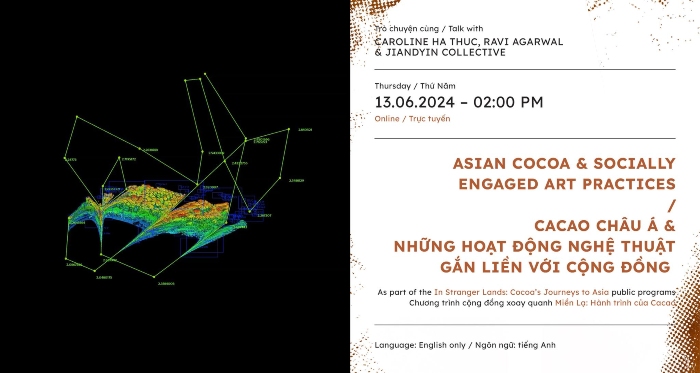
02 pm, Thurs, 13 June 2024
Online talk (a few days before the event, NAF will send a link to registered participants)
Language: English
Registration link
From the organizer:
Join us for a conversation between curator Caroline Ha Thuc and exhibition artists Ravi Agarwal and Jiandyin Collective, focusing on socially engaged art practices and art making processes based on fieldwork. While Ravi embarked on a journey to cacao-growing regions in South India – Kerala, Andhra Pradesh and Karnataka – with the aim of understanding the alternative model of development implemented by smaller independent cocoa producers, Jiandyin Collective met with Go Niaw, a Thai Buddhist who is now growing cocoa in the Prachuap Khiri Khan province of Thailand, after Typhoon Gay wrecked his crops in 1989. The talk covers the artists’ investigations in cacao production and its usage within different communities, their work methodologies, and the challenges they face on the field. Continuing from the previous curator and artists in conversation, further questions arise: How can artists work with communities and facilitate the expression of their voices without paternalizing them? What is the artist’s position and what are their objectives when they embarked on these types of journeys? What are the ethics involved when it comes to documenting the living conditions of certain groups of people? To what extent have artists had an impact on the communities they chose to approach? In turn, how have these encounters and in-situ research methods influenced their practices and future projects?
Beyond the framework of the exhibition, the artists will share further strategies on how they approach fieldwork. Ravi Agarwal has notably spent several years documenting the lives of migrant workers, especially during his long-term project Down and Out: Labouring under Global Capitalism (1997–2000) presented at Documenta XI (2002). As for Jiandyin Collective, with their series Dialogue: Seeing and Being project (2010–2017), they have been drawing portraits of various people from very different communities across the world, establishing intimate and unique relations with them.
About the guest speakers:
Ravi Agarwal has an interdisciplinary practice as an artist, writer, curator, and environmental campaigner. His research-based work mediates art and activism to address the entangled questions of nature and its futures using photography, video, text, and installation. His work has been shown widely at National Museum of Asian Art – Smithsonian Institution (2022), Havana Biennial (2019), Yinchuan Biennale (2018), Kochi Biennale (2016), Sharjah Biennial (2013), Indian Highway, Serpentine Gallery, London, UK and Astrup Fearnley Museum of Modern Art, Oslo, Norway (2009), and documenta 11 (2002) amongst others, besides numerous solo and group exhibitions. He curated New Natures, A Terrible Beauty is Born, Goethe Institute and CSMVS Museum, Mumbai, India (2022), Imagined Documents, Les Rencontres d’ Arles, France (2022), and the project on multispecies worlds Samtal Jameen, Samtal Jameer. He is the curatorial advisor for the forthcoming exhibition Carbon, Science Gallery, Bengaluru, India (2023). Ravi is also the founder and director of the environmental NGO Toxics Link based in New Delhi, and The Shyama Foundation’s Shared Ecologies program, which supports emerging initiatives at the intersection of art and ecology in India. He is also a visiting fellow at the Paul Mellon Centre for Studies in British Art and Co-Convenor for the Bergen Assembly 2025.
Jiandyin Collective is a collaborative interdisciplinary duo of artists and curators, Pornpilai Meemalai, and Jiradej Meemalai, who currently live and work in Ratchaburi, Thailand. Jiandyin’s artistic practice revolves around artistic research, fieldwork, and the integration of multiple sources and evidence. Their work spans various disciplines and mediums, and they actively engage in collaboration and social involvement. Their aim is to create spaces or platforms that allow for the analysis of relationships between individuals and society, within the specific context and history of a place or space. Through their art, Jiandyin delves into complex and specific issues, particularly those related to political conflicts and their effects on marginalized groups.
Jiandyin’s recent exhibitions include Portrait [Archives of Dialogue: Seeing and Being], Gallery Seescape, Chiang Mai, Thailand (2017) and The Ontology of Gold: Magic Mountains, Cartel Artspace, Bangkok, Thailand (2017). The duo has also participated in the Jakarta Biennale (2021); Asian Art Biennial (2019); Kuandu Biennale (2018); Thailand Biennale Krabi (2018). In 2011, Jiandyin co-found the non-for-profit Baan Noorg Collaborative Arts and Culture, who participated in documenta 15 (2022) and the Thailand Biennale Chiang Rai (2023).
Caroline Ha Thuc is an independent art writer, researcher, lecturer and curator. She holds a PhD from the School of Creative Media, City University Hong Kong.
Specialized in Asian contemporary art, her field of research focuses on research-based art practices and the emergence of alternative modes of knowledge production in Asia. Her book Research-based art practices in Southeast Asia: the Artist as Producer of Knowledge was published in the UK (Palgrave Macmillan, London) in 2022. She has published books about the contemporary Japanese, Chinese and Hong Kong art scenes as well as several essays about contemporary Asian art practices. As a curator, she focuses on promoting dialogue between artists from different cultures, while reflecting on social and political contemporary issues.
Follow updates on event’s page.
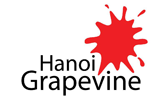
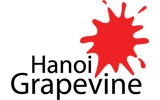
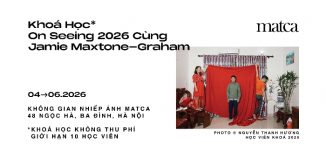
![[HN] Tết: The Art Home – Cycles of Time](https://hanoigrapevine.com/wp-content/uploads/2026/02/tet-the-art-home-cycles-of-time-326x159.jpg)









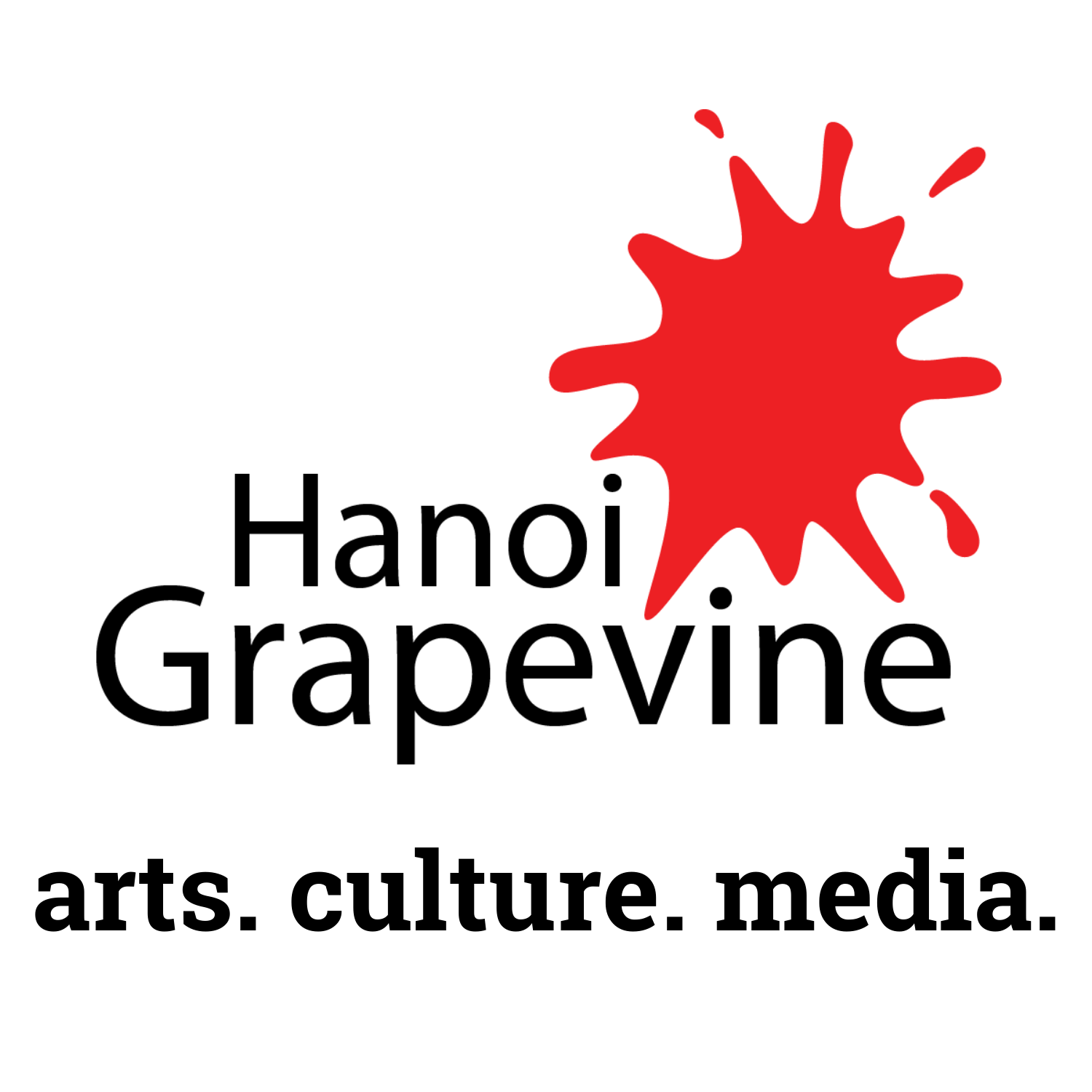
![[HN] Tết: The Art Home – Cycles of Time](https://hanoigrapevine.com/wp-content/uploads/2026/02/tet-the-art-home-cycles-of-time-100x65.jpg)


